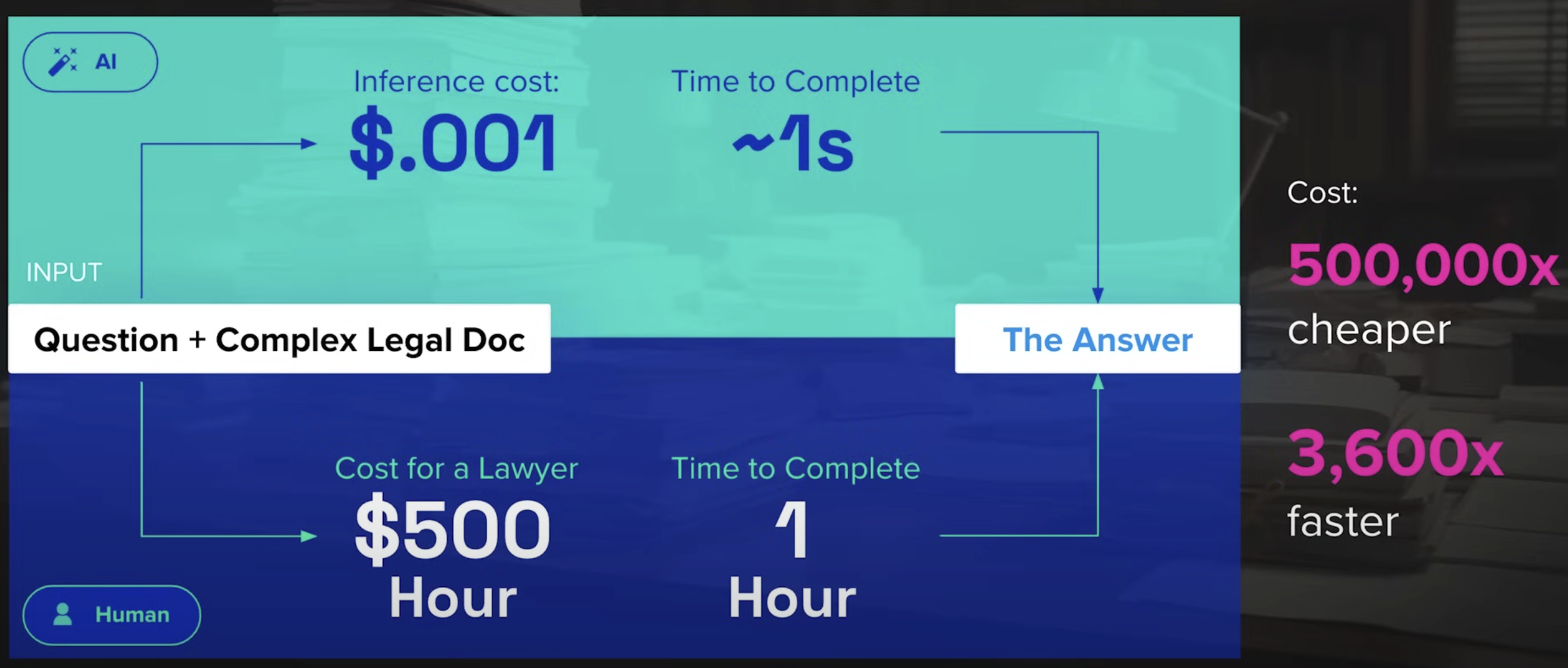How will AI disrupt business models?
Something I’ve been thinking about is whether AI is a platform shift and what new business models might get created.
My former colleague Steve Frank pointed me to an article by Matt Rickard (great blog that I recommend subscribing to) called "Is AI a Platform Shift?". In it Matt outlines 3 important requirements for a platform shift:
“Changes where distribution aggregates. The mobile shift made smartphones the main software interface, prompting companies like Google to pay Apple heavily to maintain their distribution.
“Changes the business model (possibly in a disruptive way).” The cloud revolutionized business models by moving from on-premises deployment to subscription-based or usage-driven software-as-a-service, utilizing the Internet's low distribution costs and replacing capital-heavy data center investments with scalable operational expenses.
“Changes what’s possible.” New platforms like mobile technology unlock unique applications and workflows, such as Uber and Instagram, through advanced APIs, while the Internet enables global digital marketplaces like eBay.
Of these three, the impact on business models is maybe the least obvious with Matt arguing:
Changes the business model? Probably not. It could shift software to follow more usage-based pricing (vs. subscription), but it would still likely be delivered as SaaS. Maybe smaller models will go on device, and that could shift us from a Software > Hardware cycle (commoditize the software, sell the hardware).
I agree that smaller models could go on device at some point however I’m not sure the pricing models won’t get orders of magnitude better and while the “business model” might not look dissimilar to cloud computing, the economic inflection for a market transformation is significant enough to totally disrupt existing business models and their pricing strategies.
In his presentation, “The Economic Case for Generative AI”, a16z investor Martin Casado uses the example of hiring a lawyer for a legal doc inquiry. In this new model, it’s almost 500,000x cheaper and 3,600x faster.
https://www.youtube.com/watch?v=5yC4w4x5DSQ&ab_channel=a16z
This is a complete paradigm shift and will require everyone to think differently about almost everything including current business models and their underlying pricing strategies.
Pricing models that I’m keeping an eye on:
Value-Based → can businesses better align pricing with value. This might take the form of dynamic pricing models.
Consumption → this is an extension of what we’re already seeing with cloud computing. This gets more accurate and easier to evaluate for the customer.
Outcome-Based → similar to value but emphasizing the expected ROI. If X increases by Y, you pay us Z.
Subscription → these might get way more personalized to a specific user’s needs and experience.
Supply and demand → pricing fluctuates in near real-time based on the levels of interest in the product.
AI will enable businesses to be more flexible and innovative with their pricing strategies, even tailoring them to the precise value they provide to customers, leading to more competitive and customer-centric offerings.
